T1D Guide
T1D Strong News
Personal Stories
Resources
T1D Misdiagnosis
T1D Early Detection
Research/Clinical Trials
FDA Fast-Tracks Tzield for Stage 3 Type 1 Diabetes
Sanofi’s Tzield has been accepted for expedited review in the U.S. to treat stage 3 type 1 diabetes through the FDA Commissioner’s National Priority Voucher pilot program. This landmark event shifts the T1D treatment landscape, placing greater emphasis on early detection and staging.
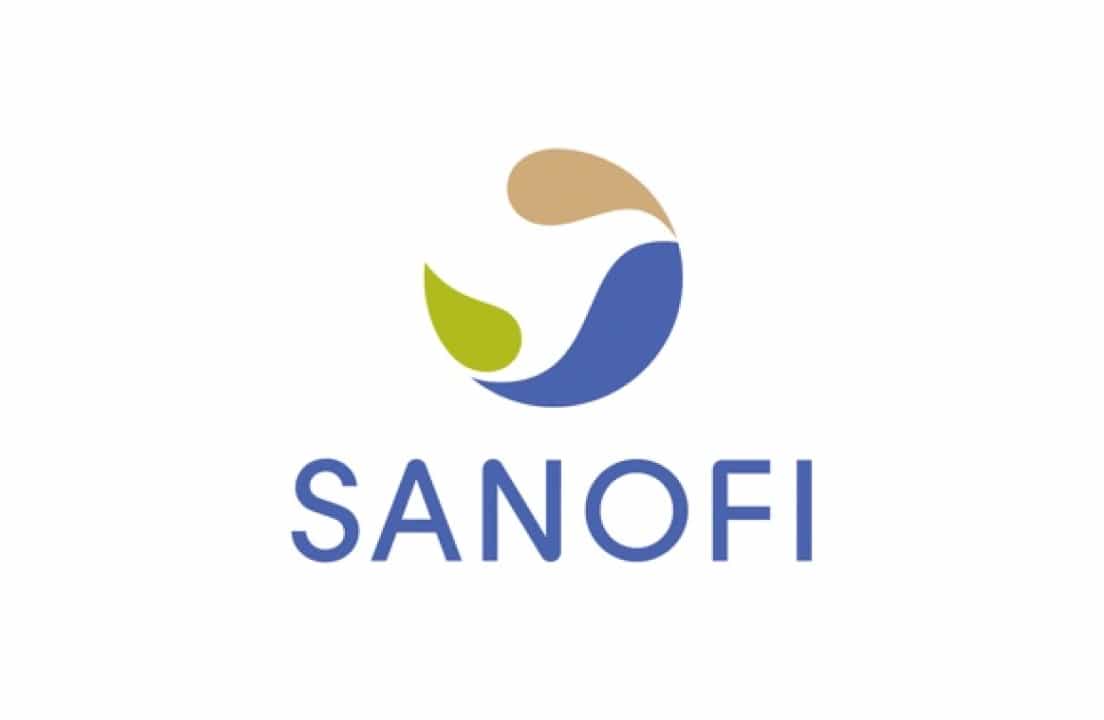
The U.S. Food and Drug Administration (FDA) announced nine recipients of its new Commissioner’s National Priority Voucher (CNPV) pilot program. Fortunately, for the type 1 diabetes (T1D) community, teplizumab (Tzield) was among those selected.
Tzield, a medication already approved to delay the onset of T1D in adults and children aged eight and older with stage 2 type 1, was recognized for meeting key criteria: addressing an unmet medical need, responding to a public health priority, and supporting domestic manufacturing.
“This is a recognition of the breakthrough innovative profile of Tzield, its ability to potentially prevent the natural progression of T1D, and the significant unmet medical need that remains in this area, which has seen limited treatment advances in the last 100 years,” said Olivier Charmeil, Executive Vice President, General Medicines, Sanofi.
About Tzield
Sanofi’s Tzield, the first and only disease-modifying therapy for T1D, was approved by the FDA in 2022 to delay the progression of stage 2 T1D in individuals with two or more autoantibodies and dysglycaemia (abnormal blood glucose levels), but not yet requiring insulin therapy.
Designated by the FDA as a Breakthrough Therapy, the medication was granted orphan drug designation for investigational medicines that treat rare diseases affecting fewer than 200,000 people in the U.S.
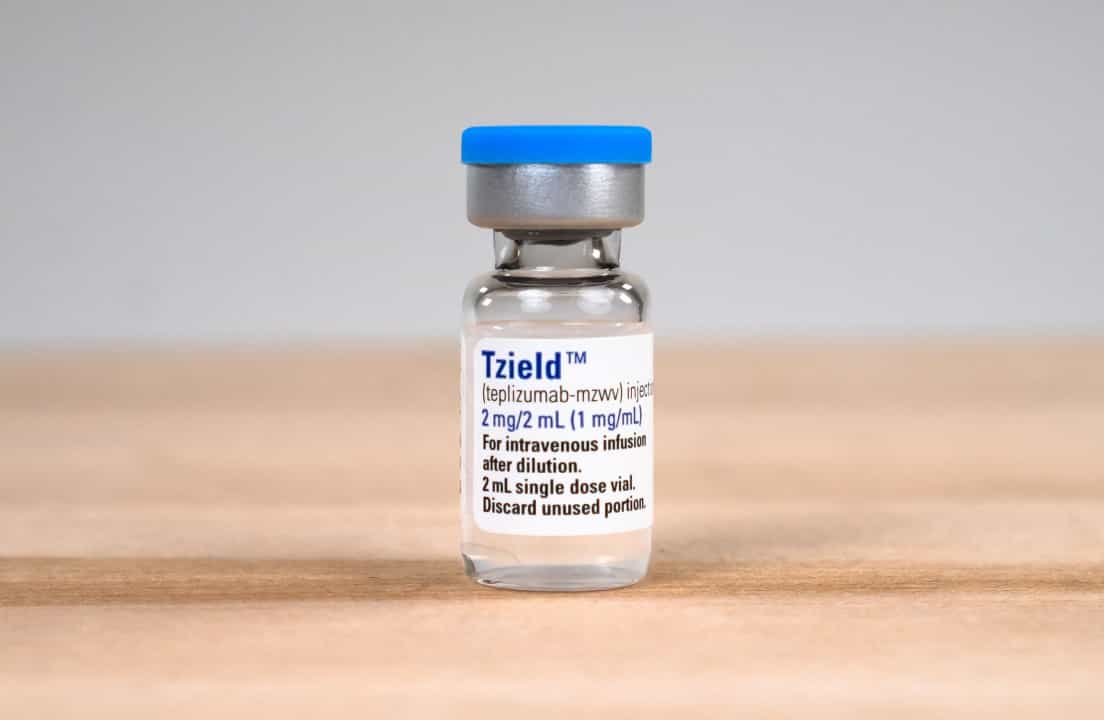
Besides the U.S., Tzield is approved in the UK, China, Canada, Israel, the Kingdom of Saudi Arabia, the United Arab Emirates, and Kuwait to delay the onset of stage 3 T1D in adults and pediatric patients aged 8 years and older with stage 2 T1D.
According to Breakthrough T1D (formerly JDFR), the CNPV pilot program aims to substantially shorten the FDA’s typical review time (10 to 12 months) to 1 to 2 months. So instead of waiting nearly a year for regulatory decisions, Sanofi may receive FDA feedback and approval within a few weeks.
Tzield’s PROTECT Trial Program
In the PROTECT trial for stage 3 individuals, Tzield met its primary goal of preserving beta-cell function, as assessed by slowing the decline in C-peptide levels compared with placebo.
The phase 3 study had 328 children and adolescents enrolled (Tzield n=217, placebo n=111) aged eight-17 years diagnosed with clinical, stage 3 T1D. Participants received a first course of 12 daily infusions (either Tzield or placebo) at randomization, followed by a second course of 12 daily infusions after 26 weeks.
If approved, Tzield would be the first disease-modifying therapy to delay the onset of type 1 diabetes in adults and children with recently diagnosed stage 3 T1D who are eight years and older.
Why Teplizumab’s Inclusion Matters
T1D Screening
By awarding Tzield this voucher, the foreseeable treatment places a greater emphasis on early T1D intervention, creating a need to screen for autoantibodies. Learn more about where you can get screened for type 1 diabetes here.
A Shift from Insulin Therapy to Immune Intervention
When a type 1 individual is newly diagnosed, the new treatment options of Tzield and insulin therapy may preserve the patient’s existing insulin-producing beta cells, allowing less exogenous insulin and more of the body's own supply.
Access to More Patients & Health-Saving Benefits
Including stage 3 T1D patients broadens the eligible population. Additionally, if therapies can preserve this beta cell function, it reduces long-term complications, with less emergency room treatments of hypoglycemia and hyperglycemia, and diabetic ketoacidosis (DKA)—creating long-term cost-savings.

Accelerated Research
As more companies invest in disease-modifying treatments (DMTs), the number of approved therapies may increase. Most importantly, Tzield’s PROTECT could pave the way for the approval of more immune therapies.
Learn more about the three stages of type 1 diabetes here.
Tzield’s Challenges
While this development is exciting, there are several important caveats for this type of therapy. The safety and efficacy of Tzield in stage 3 T1D have not yet been approved by any regulatory authority. The treatment must meet the FDA’s standards for safety and effectiveness. Expanding into stage 3 may increase the target pool, but screening, timing, and logistics remain a challenge.
In the PROTECT trial, some adverse effects emerged. The most common were headache, nausea, rash, lymphopenia, leukopenia, and gastrointestinal symptoms, consistent with the cytokine release mechanism of action. 1.8% of those who received Tzield in the PROTECT study developed cytokine release syndrome, possibly or probably related to Tzield.
The cost, access and insurance coverage of these novel immunotherapies tend to be expensive and may pose barriers. Also, the long-term benefits are still unknown. While C-peptide markers are encouraging, the duration of the drug’s effectiveness remains to be determined.
A Milestone for Type 1 Diabetes Prevention
T1D Strong will be following the timeline of this groundbreaking event, which may change the trajectory of care for newly diagnosed T1Ds. By adding immune-therapy decision-making, patients will have more options than ever before.


.webp)





.webp)




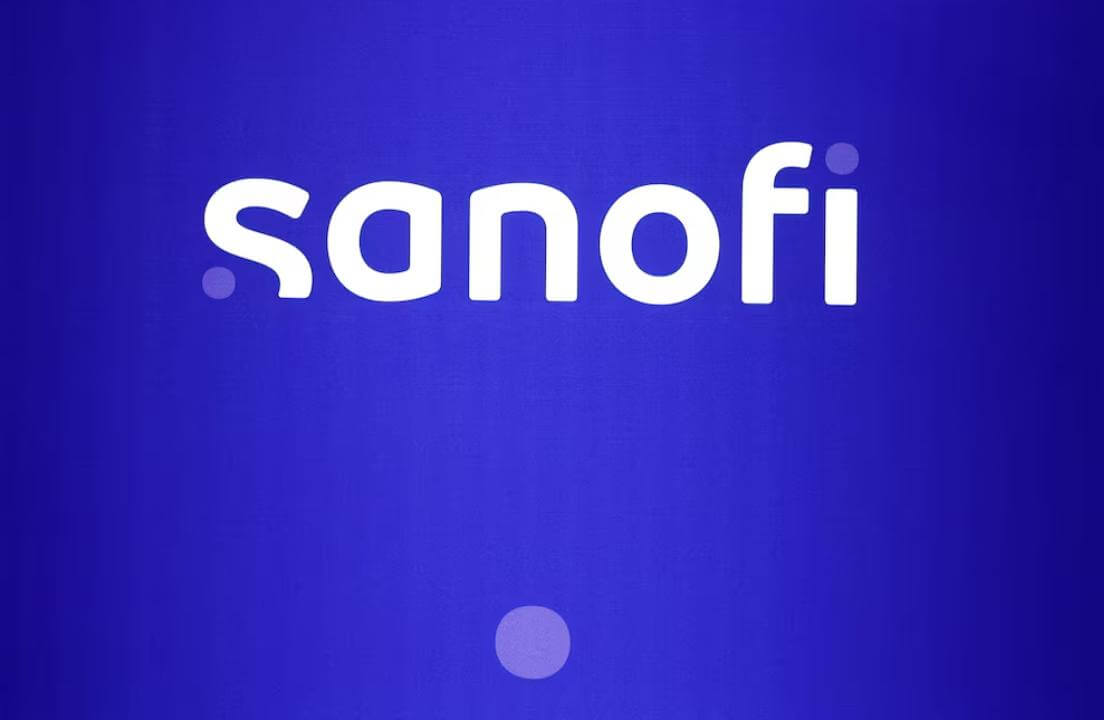
.jpg)

.jpg)

.jpeg)
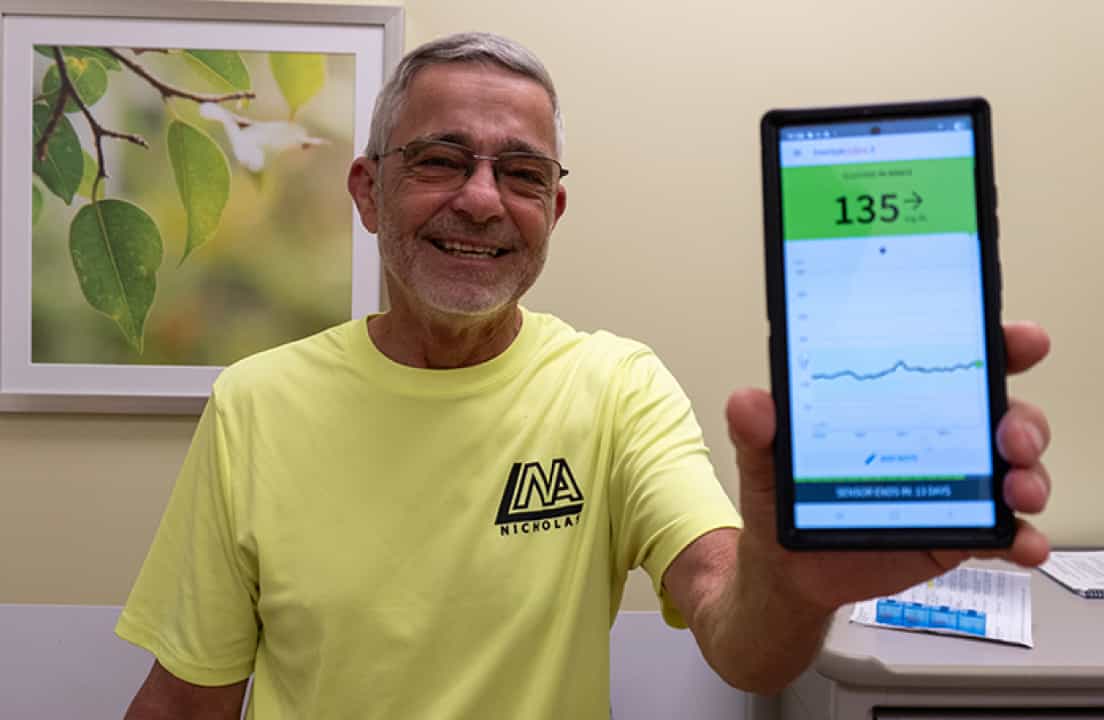

.jpg)

.jpg)




.jpg)
.jpg)
.jpg)
.jpg)
.jpg)
.jpg)
.jpg)

.jpg)
.jpg)
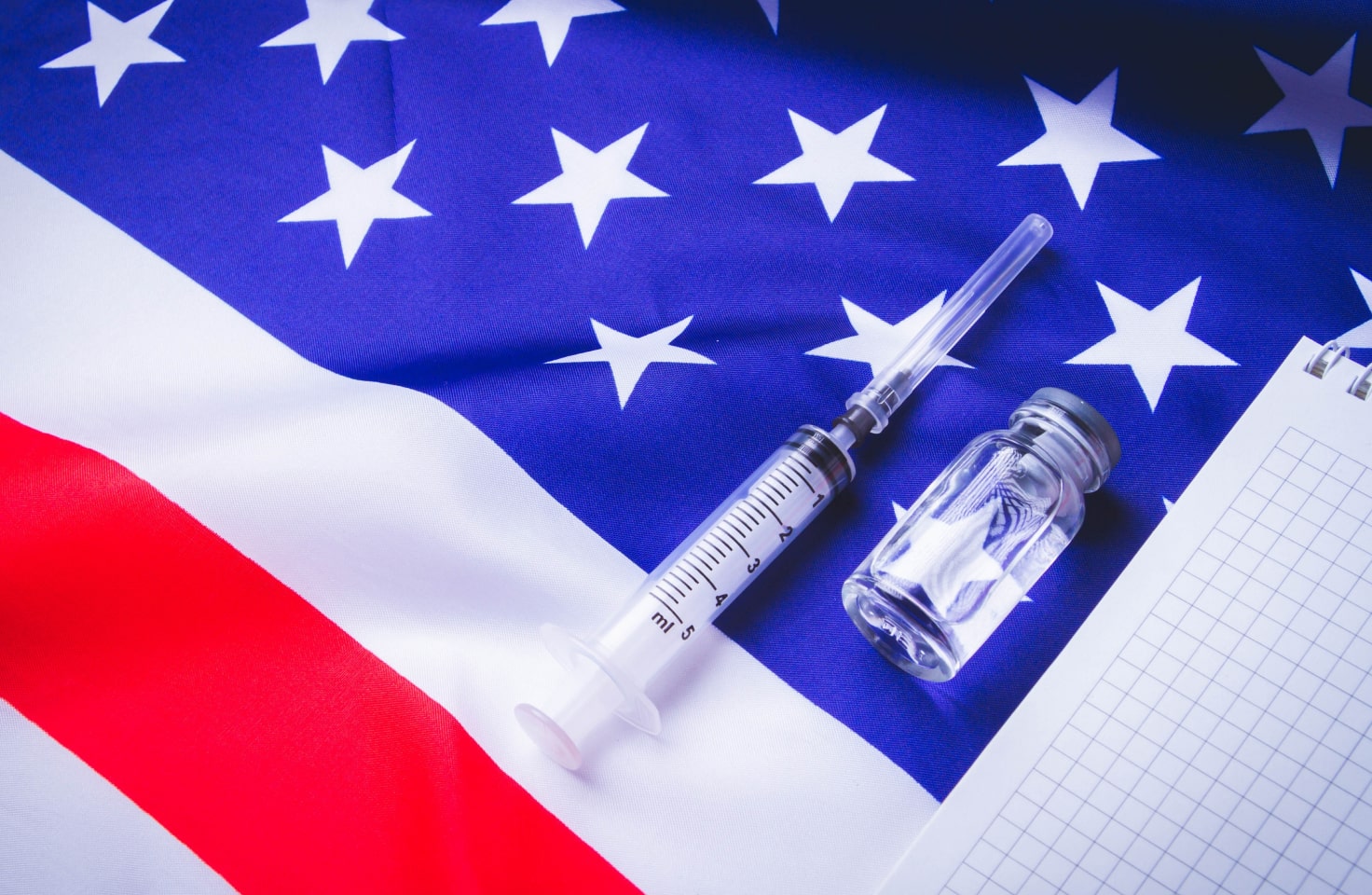
.jpg)



.jpg)
.jpg)
.jpg)

.jpg)

.jpg)














.jpg)


.jpg)







.webp)












.webp)




















.webp)













.webp)